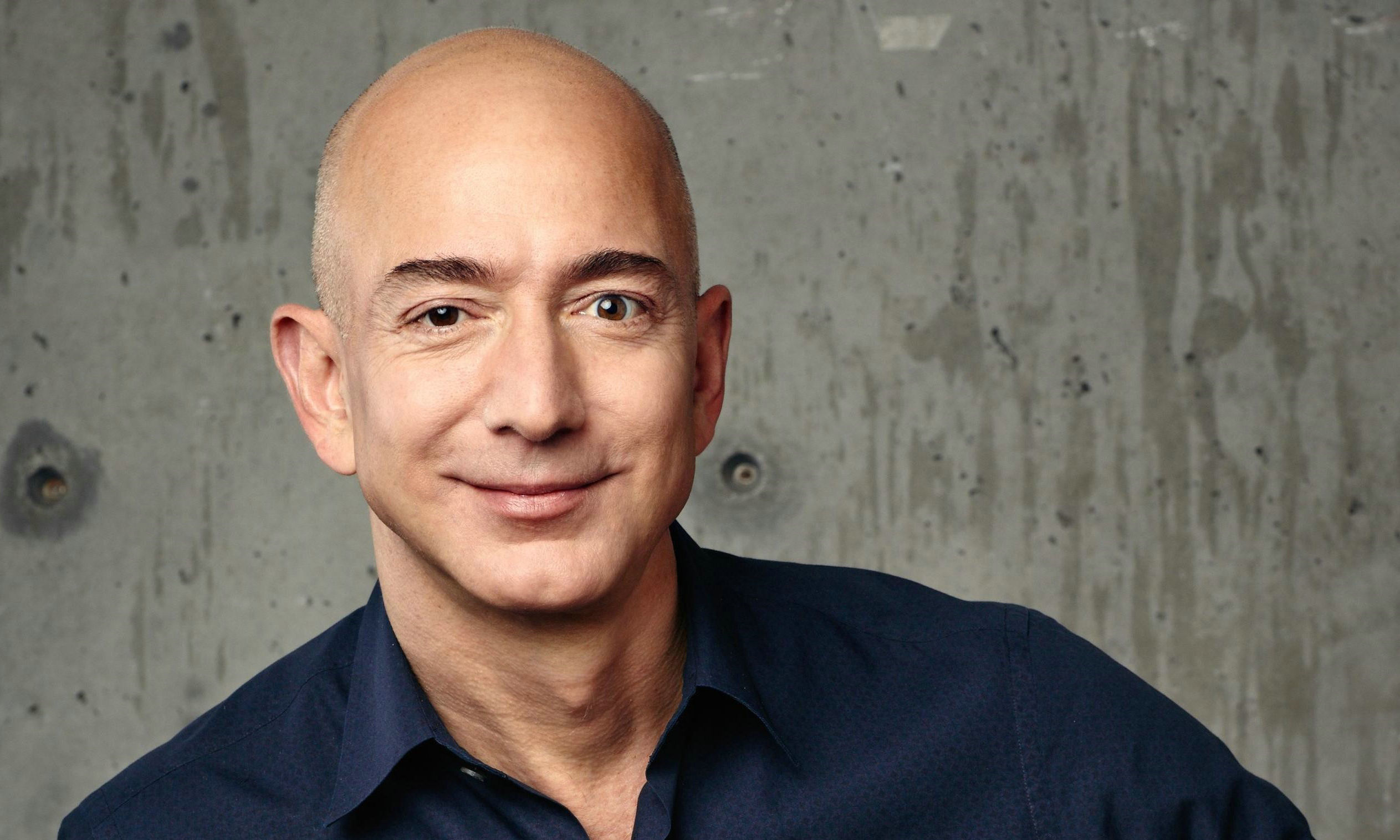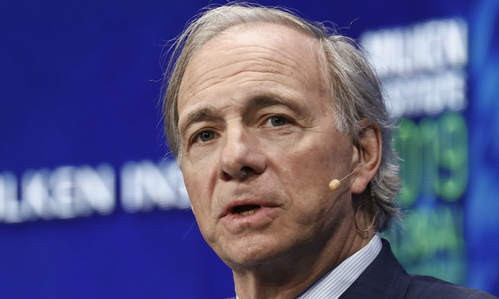In the vast cosmos of finance, Ray Dalio stands out as a shining North Star. As the founder of Bridgewater Associates, he has not only crafted a legend from basement beginnings to helming the world's largest hedge fund but also bequeathed a treasure trove of wisdom through his distinctive management philosophy and life principles.
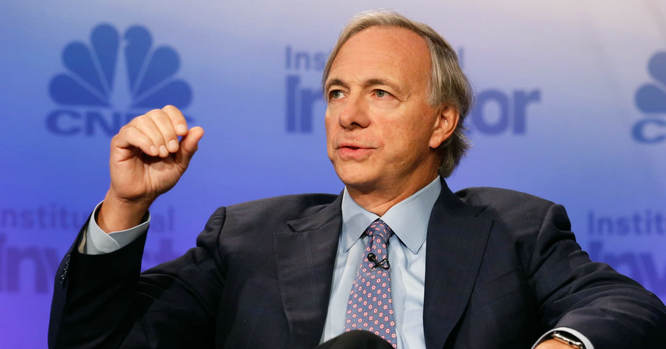
Early Days and the Budding Financial Dream
Rewind to the late 1960s, young Ray Dalio grew up in a modest Long Island home. His first entrepreneurial foray began at age 12, selling snacks bought with borrowed money to hungry baseball spectators outside games, displaying an early sensitivity to opportunity and entrepreneurial spirit. This modest episode germinated his future business philosophy: daring to experiment and learn through action.
Harvard Business School broadened his horizons, where he mastered financial theory and, more crucially, honed critical thinking and systematic problem-solving skills. Post-graduation, his tenure at top consulting firm McKinsey offered a ringside view of corporate dynamics, amassing practical experience. Despite excelling there, his curiosity and passion for financial markets never waned, prompting him to study stocks in his spare time to unravel market patterns.
In 1971, fueled by market enthusiasm, Dalio joined Shearson Hayden Stone on Wall Street as a stockbroker. Early days were rocky, culminating in a 1974 investment error that nearly wiped out his savings. Reflecting later, he deemed it “one of the best things that happened to me because it taught me humility and self-reflection.” His maxim “pain + reflection = progress” emerged from this crucible, becoming a personal creed and a cornerstone of Bridgewater’s culture.
Though Dalio’s financial empire was yet to be built by 1975, this period laid a solid foundation. From street vendor to Harvard student, McKinsey consultant, then Wall Street broker, each role was a metamorphosis, each setback a stepping stone. The1974 setback prompted him to systematically record market behavior, aiming to develop a model predicting economic and market shifts. This self-reflection paved the way for Bridgewater’s 1975 inception in his apartment.
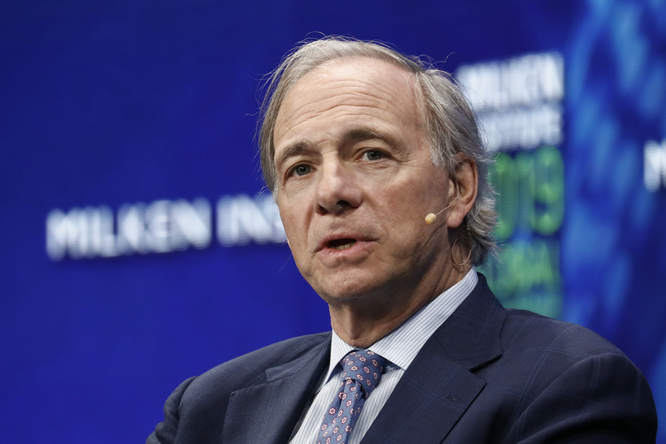
Start-up Trials
In 1975, with an IBM typewriter, a dining table, and a keen market insight, Dalio launched Bridgewater. Fresh from near-financial ruin, he learned the importance of risk management and sowed the seeds of his future “all-weather” strategy. “One of the most important things I learned is that you can’t let your mistakes defeat you, but learn from them,” he said.
The initial three years tested Bridgewater with funding shortages, trust deficits, and market volatility. Dalio relied on consultancy fees to sustain operations, with a taut cash flow. Hedge funds were nascent, met with investor skepticism, trust hard to earn. Amidst the tumultuous1970s marked by oil crises, inflation, and soaring interest rates, Dalio persisted in daily market commentary, convincing clients with data and logic, a practice ingrained in Bridgewater’s culture.
Amidst adversity, Dalio began crafting his renowned "Principles." Realizing the need for a transparent, objective decision-making system, he meticulously documented every transaction and decision for analysis and improvement. "I believe everything happens for a reason, and understanding those reasons allows us to deal with the future better," a concept evolving into Bridgewater’s "radical transparency" culture of candid feedback and self-criticism, revolutionary at the time.
In1978, Bridgewater faced its biggest crisis, with poor market calls leading to performance dips and client losses. Dalio verged on quitting. Instead, he delved into reflection, embodying his pain+reflection principle. He intensified macroeconomic study, devising a systemic risk assessment model that became the bedrock of the "all-weather" strategy, making Bridgewater shine amid the global financial crisis.
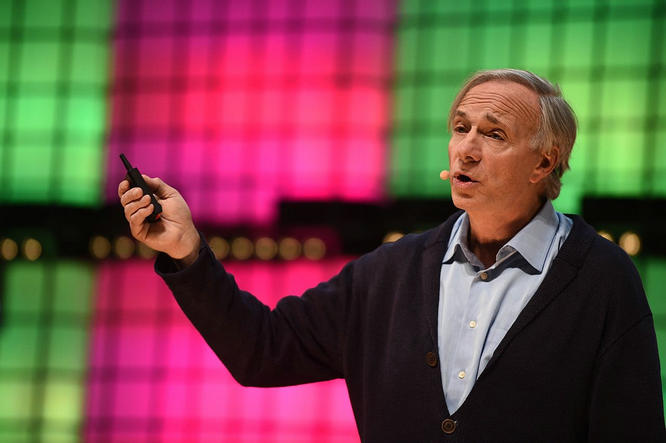
The Extraordinary Journey of the "Pure Alpha" Fund
Launched in1991 amidst global economic upheaval and market turmoil, Dalio, a financial sage, initiated his flagship fund with profound market insights and unique economic cycle understanding. "The economy is a machine; understanding its mechanics is key to successful investing," birthed "Pure Alpha," seeking "pure" returns, Alpha gains, surpassing benchmark returns.
During the2008 financial crisis, while most investors suffered, "Pure Alpha" stood as a beacon, achieving positive returns through its global macro strategy and diversified portfolio, validating its risk control and predictive prowess. It became synonymous with risk management, averaging over2% returns, far above industry norms, a myth. "The most important thing we’ve learned from history is that people don’t learn from history," Dalio said, "Pure Alpha" a testament.
"Pure Alpha’s" triumph owes to Bridgewater’s "Principles" culture. Dalio’s "radical transparency" and "idea meritocracy" fostered open idea sharing and fearless critique, enhancing decision speed. Amid controversy over its management style, this culture enabled "Pure Alpha" to swiftly adapt in a complex market. "Pain+reflection" meant every market swing was a learning opportunity, this continuous self-correction the secret to "Pure Alpha’s" stability.
Recently, amid market shifts and the rise of quantitative trading, "Pure Alpha" faced challenges, including performance fluctuations and outflows. Yet, Dalio and his team continued refining models, exploring AI and machine learning in investment decisions, striving to maintain Alpha purity in the new era. "The most important thing is knowing what we don’t know," Dalio emphasized, a personal reminder and impetus for "Pure Alpha’s" ongoing innovation.
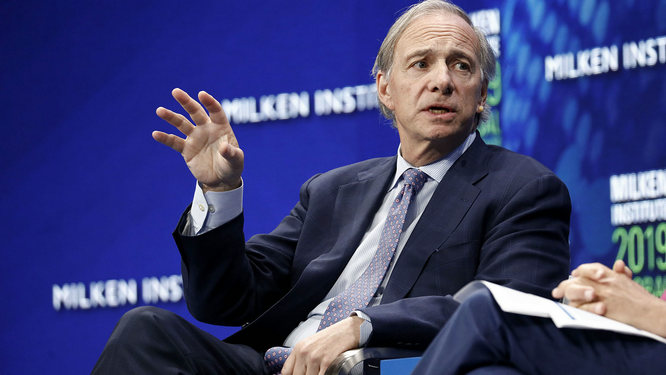
The Power of Principles: A Blueprint for Resilience and Success
It all began with a near-devastating failure. In the 1980s, a flawed judgment by Dalio nearly cost him everything, yet this setback planted the seed for his magnum opus, "Principles." "Pain + Reflection = Progress" – this formula, distilled by Dalio, served as the inspiration behind "Principles." He realized that learning from failures and establishing a systematic set of principles for decision-making was essential to avoid repeating mistakes. "Principles" is not just a testament to personal introspection but a roadmap for all who aspire for excellence.
In "Principles," Dalio champions "radical transparency" and "idea meritocracy." He transformed Bridgewater Associates into a "marketplace of ideas," where analysts and executives alike could freely express and even challenge one another. This seemingly radical culture rests on deep trust, enabling swift and optimal decision-making in a fast-paced market. "Truth, or the pursuit of truth, is the fundamental basis for any good outcome," Dalio affirms. Transparency has made Bridgewater the world's largest hedge fund, validating the principles' efficacy.
Another standout idea in "Principles" is the algorithmic approach to life and decision-making. Dalio believes clear principles and algorithms simplify complex problems, enhancing decision efficiency. This mindset, applied to investment strategies and daily life, includes a tool he developed called "Daily Updates," encouraging employees to document events, reflections, and continuously improve. This methodology fosters a cycle of learning and upgrading for individuals and organizations.
"Principles" repeatedly underscores facing reality, however harsh. Dalio argues that only by embracing reality can one make the best response. He encourages a "hyper-realistic" attitude, akin to scientists testing hypotheses with evidence, not intuition or emotion. This keeps him composed in markets and steered Bridgewater through multiple financial crises.
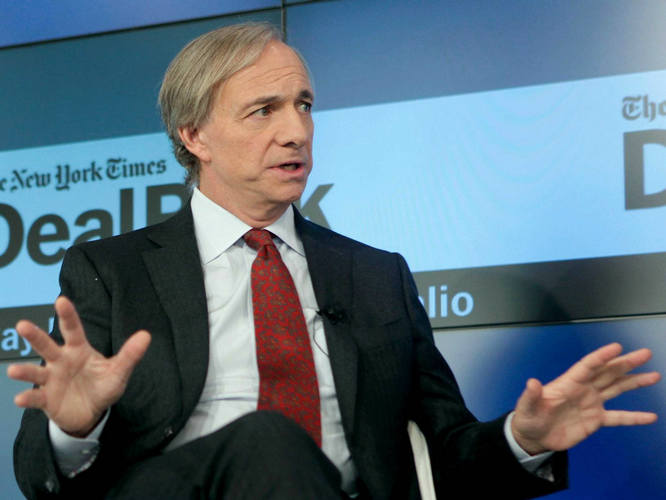
Transparency: Bridgewater's Unwavering Key
At Bridgewater, transparency permeates every detail, not just slogans. Meetings are recorded for company-wide access, ensuring openness and traceable decision trails. Employees even have "baseball cards," documenting strengths, weaknesses, past performances, and colleagues' assessments. These practices, though radical, accelerate communication and decision-making. "Our goal is to run the company like a machine where every part is visible, and every issue detectable and solvable," Dalio says.
Implementing transparency hasn't been without challenges. Critics argue it creates excessive workplace pressure and may invade privacy. Some employees, unable to adapt to such openness, depart. Dalio responds, "We seek a culture where people can be themselves, not act a role." He believes honesty and transparency expedite learning and growth.
Despite controversies, Bridgewater's performance speaks volumes. By2020, assets under management hit approximately $150 billion, with its flagship Pure Alpha delivering average annualized returns since1991 outperforming industry standards. Transparency kept Bridgewater agile, avoiding significant losses in2008, and profiting, demonstrating exceptional risk management.
Dalio's Enlightenment
Renowned for his macroeconomic insights, Dalio's "debt cycle" theory accurately predicted crises, including the2008 global financial crisis. His video, "How the Economic Machine Works," simplified economic principles to millions, showcasing his role as a public intellectual.
Dalio embodies the "principles above all" belief. His success isn't just about wealth creation but distilling universal principles from his experiences, influencing global attitudes toward work and life. "Truth, or the pursuit thereof, is the fundamental basis for any good outcome," he emphasizes. Amidst today's information overload and uncertainty, Dalio's wisdom illuminates a path to rationality and success.
By delving into Dalio's personal journey, management philosophy, and macroeconomic insights, this article reveals the depth behind his success, captivating readers with vivid storytelling and enhancing credibility through specific cases and data, highlighting the profound impact of this financial titan on personal growth and business management.
